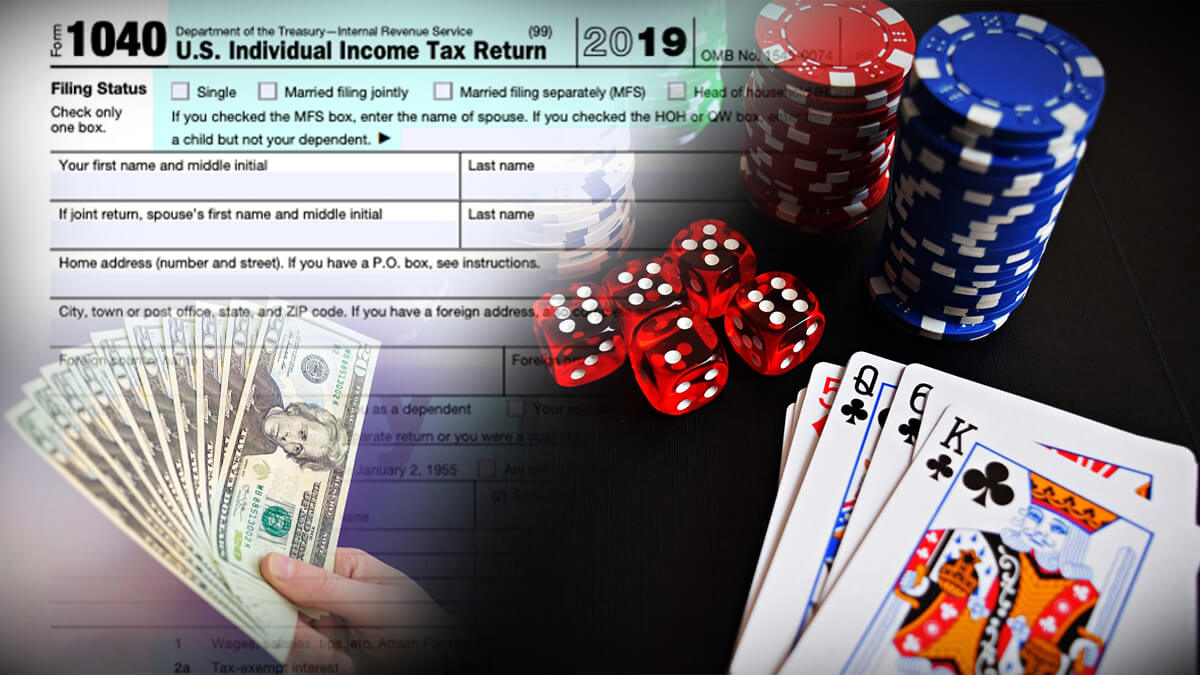- States That Tax Gambling Winnings
- Gambling Winnings Tax Rate 2018 Calculator
- Gambling Winnings Tax Rate 2018 United States Chart
- Gambling Winnings Tax Rate 2018 Year
No doubt about it, winning the lottery dramatically changes a person’s life. A financial windfall of that magnitude quickly grants you a level of financial freedom you probably have trouble imagining.
Gambling and Lottery Winnings Class of Income. Gambling and lottery winnings is a separate class of income under Pennsylvania personal income tax law. Between July 21, 1983 and Dec. 31, 2015, all prizes of the Pennsylvania Lottery were excluded from this class of income. Nevada is comfortable with a 6.75% rate because it's had legalized gambling for decades and knows how much money will be brought in. Other states like Illinois, Pennsylvania and Tennessee are new to the business and could drop tax rates in the future. Gambling winnings. You must report your gambling winnings even if Wisconsin income taxes are not withheld. If you are a Wisconsin resident and paid a net income tax to another state or the District of Columbia on gambling winnings, you may be entitled to claim a credit for net income tax paid to the other state on your Wisconsin income tax return.
- Rules for Deducting Gambling Losses Under the new law, those who itemize deductions will continue to be able to deduct gambling losses up to the amount of their total winnings. For example, a slot player who wins $25,000 in jackpots may deduct up to that amount in verifiable gaming losses when they fill out an itemized tax form.
- Casinos, as the payer of winnings, are required to withhold federal taxes from winnings above $5,000. New as part of the 2018 tax reform, that withholding rate is 24 percent, down from 25 percent in 2017. Depending on the total of your winnings, you may receive one or more Forms W-2G which reports the amount you won, including any tax withheld.
But becoming a Mega Millions or Powerball jackpot winner doesn’t change everything. If you are the lucky winner, you still have to worry about bills and taxes. This is when a lottery tax calculator comes handy.

How are lottery winnings taxed under federal and state?
Lottery winnings are considered ordinary taxable income for both federal and state tax purposes. That means your winnings are taxed the same as your wages or salary. And you must report the entire amount you receive each year on your tax return.
For example, let’s say you elected to receive your lottery winnings in the form of annuity payments and received $50,000 in 2019. You must report that money as income on your 2019 tax return. The same is true, however, if you take a lump-sum payout in 2019. You must report that entire amount as well. For this, a tax calculator is an essential tool.
Note: Before you receive one dollar, the IRS automatically takes 25 percent of your winnings as tax money. You’re expected to pay the rest of your tax bill on that prize money when you file your return.
What is the tax rate for lottery winnings?
When it comes to federal taxes, lottery winnings are taxed according to the federal tax brackets. Therefore, you won’t pay the same tax rate on the entire amount. The tax brackets are progressive, which means portions of your winnings are taxed at different rates. Depending on the number of your winnings, your federal tax rate could be as high as 37 percent as per the lottery tax calculation.
State and local tax rates vary by location. Some states don’t impose an income tax while others withhold over 15 percent. Also, some states have withholding rates for non-residents, meaning even if you don’t live there, you still have to pay taxes to that state.
Do I have to pay state taxes on lottery winnings if I don’t live in the state where I bought the ticket?
Most states don’t withhold taxes when the winner doesn’t reside there. In fact, of the 43 states that participate in multistate lotteries, only two withhold taxes from nonresidents. Arizona and Maryland both tax the winnings of people who live out-of-state.
Can I change the amount of tax the lottery withholds?
States That Tax Gambling Winnings

You don’t have a choice on how much state or federal tax is withheld from your winnings. The only piece you can control is how much money you save to cover any extra money you may owe. For this, you can use a federal tax calculator.
Do lottery winnings count as earned income for Social Security purposes?
Lottery winnings are not considered earned income, no matter how much work it was purchasing your tickets. Therefore, they do not affect your Social Security benefits.
Gambling Winnings Tax Rate 2018 Calculator
Does winning the lottery affect my tax bracket?
Winning the lottery can affect your tax bracket in a big way. An average family’s top federal tax rate could go from 22 percent to 37 percent. But remember, if that happens, you likely won’t pay the top rate on all of your money.
That is unless your regular household income already places you in the top tax bracket prior to winning. In that case, all of it is taxed at 37 percent. This can be calculated using a tax calculator. Lottery winnings are combined with the rest of your taxable income for the year, meaning that money is not taxed separately.
What are the benefits of taking a lump sum payment versus annuity payments?
If you take a lump sum, you have more control over your money right now. You can choose to invest it into a retirement account or other stock option to generate a return. You could also use it to buy or expand a business.

Several financial advisors recommend taking the lump sum because you typically receive a better return on investing lottery winnings in higher-return assets, like stocks. If you elect annuity payments, however, you can take advantage of your tax deductions each year with the help of lottery tax calculator and a lower tax bracket to reduce your tax bill.
The decision for which option is better is complex. It all depends on the size of the lottery winnings, your current and projected income tax rates, where you reside, and the potential rate of return on any investments. If you win big, it’s in your best interest to work with a financial advisor to determine what’s right for you. However, you can also determine the taxes using a federal tax calculator.
Gambling Winnings Tax Rate 2018 United States Chart
Are you a lucky winner? Determine what you owe in taxes with this Lottery Tax Calculator.
Gambling Winnings Tax Rate 2018 Year
More to explore:
